Biography
Professor Dongyan Lao from Tsinghua University specializes in Chinese criminal law and comparative criminal law. She has published 4 books and more than 90 academic essays. Many of her essays have been accepted and published in the most academically influential Chinese law journals. She has 19 essays published in the most authoritative four law journals in China, including China Legal Science, Chinese Journal of Law, Social Sciences in China and Peking University Law Journal.
Her studies on the theme of criminal law in risk society, with so high citations, have gained a wide recognition in the academic circle of law science, and she is regarded as the most representative scholar in this field. The other theme is concerned with the theory of functionalism, and her studies in this aspect focus on how to integrate the consideration of general prevention in the sense of criminal policy into statutory construction of criminal law norms and how to reconstruction of the whole system of dogmatic theory in criminal law. These studies also have important influences beyond the academic circle of criminal law in China as well as in judicial practice.
Professor Lao attended the drafting jobs of quite a few judicial interpretations issued by the Supreme People’s Court and the Supreme People’s Procuratorate, and took a temporary post as vice director in a branch for one year in the Supreme People’s Procuratorate from July 2020 to June 2021. She also served as Vice President in the Haidian District Court in Beijing form October 2017 to September 2018.
Since 2019 Professor has paid much attention to the social problems concerned with legal issues in China, including facial recognition, the lawfulness of Covid-19 prevention measures from some local governments, the recent draft of Public Security Administrative Punishment Law published by the National People’s Congress, and so on, and made public comments and criticism on them, thus gaining wide attention as public intellectual.


